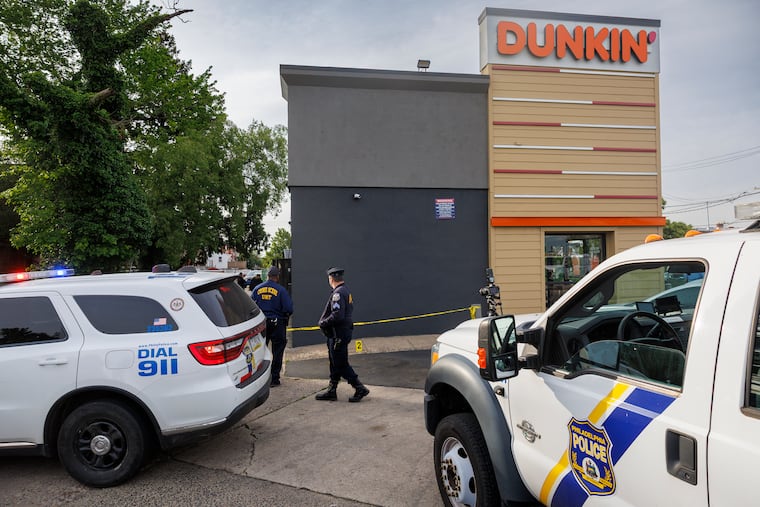Grand jury declines to indict man for throwing sandwich at federal agent in Washington, D.C.
A federal grand jury recently declined to indict Sean Charles Dunn, a 37-year-old resident of Washington, D.C., who was accused of throwing a sandwich at a U.S. Customs and Border Protection agent earlier this month. This decision comes shortly after President Donald Trump announced that his administration would temporarily be taking control of the District of Columbia’s police department, further intensifying the scrutiny on law enforcement operations in the area.
Dunn’s arrest occurred on August 10, during an incident in which he confronted a group of law enforcement officers, including Metro Transit Police and Customs agents. Reportedly, he yelled profanities at them, labeling the officers as “fascists” and questioning their presence in the city. Following the altercation, Dunn was charged with one felony count of assaulting, resisting, or impeding federal officers.
Prosecutors allege that Dunn later admitted to throwing the sandwich. As a consequence of the incident, he was terminated from his position at the Justice Department, where he had worked as an international affairs specialist in the criminal division. The seriousness of Dunn’s actions elicited strong condemnation from federal authorities, including Attorney General Pam Bondi and U.S. Attorney for the District of Columbia, Jeanine Pirro, who referred to the incident as no laughing matter and characterized it as a serious crime.
The altercation gained media attention and went viral on social media platforms, turning what some have dubbed the “sandwich-throwing case” into a symbolic instance of anti-Trump sentiment. As it circulated online, Dunn became somewhat of a controversial figure, around whom narratives of resistance have emerged.
On Wednesday, the grand jury’s decision not to deliver an indictment was particularly noteworthy, as such refusals are considered uncommon. This marks the second instance in recent days where a majority of grand jurors opted against indicting individuals linked to assaults on federal officers, raising questions about the prosecutorial strategy and evidentiary support presented to the grand jury.
The outcome of this case reflects ongoing tensions in U.S. law enforcement, particularly within the context of recent political developments and public sentiment towards federal agencies. As investigations continue, it remains to be seen how these dynamics will influence future interactions between law enforcement and the communities they serve.
Media News Source







